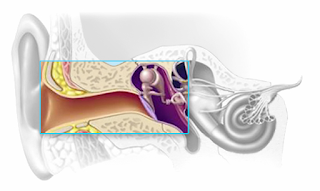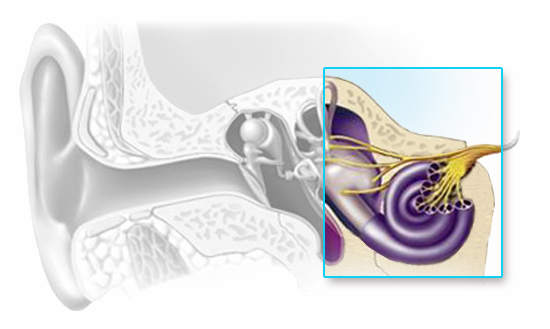WHY INFANT HEARING TEST IS IMPORTANT
FREQUENTLY ASKED QUESTION: DOES HEARING AFFECT SPEECH DEVELOPMENT?
Many people debate whether hearing is related to speech delay. This question is similar to whether do we hear first or talk first?
It has a very simple answer, to learn to talk we must have a good hearing first.
Let's refer to the speech development milestone.
| Age | Achievement |
|---|---|
| 1 to 6 months | Coos in response to voice |
| 6 to 9 months | Babbling |
| 10 to 11 months | Imitation of sounds; says “mama/dada” without meaning |
| 12 months | Says “mama/dada” with meaning; often imitates two- and three-syllable words |
| 13 to 15 months | Vocabulary of four to seven words in addition to jargon; < 20% of speech understood by strangers |
| 16 to 18 months | Vocabulary of 10 words; some echolalia and extensive jargon; 20% to 25% of speech understood by strangers |
| 19 to 21 months | Vocabulary of 20 words; 50% of speech understood by strangers |
| 22 to 24 months | Vocabulary > 50 words; two-word phrases; dropping out of jargon; 60% to 70% of speech understood by strangers |
| 2 to 2 ½ years | Vocabulary of 400 words, including names; two- to three-word phrases; use of pronouns; diminishing echolalia; 75% of speech understood by strangers |
| 2½ to 3 years | Use of plurals and past tense; knows age and sex; counts three objects correctly; three to five words per sentence; 80% to 90% of speech understood by strangers |
| 3 to 4 years | Three to six words per sentence; asks questions, converses, relates experiences, tells stories; almost all speech understood by strangers |
| 4 to 5 years | Six to eight words per sentence; names four colors; counts 10 pennies correctly |
HOW HEARING LOSS CAN AFFECT THE SPEECH ACQUISITION?
Hearing is crucial in speech acquisition and hearing loss at an early age may cause a significant effect on speech and language development. Hearing loss can be ranged from mild to profound hearing loss. Even mild hearing loss can actually affect a child's speech acquisition.
As discussed in the Age-Related Hearing loss topic, our daily conversation consists of Vowels and Consonants. Children with mild hearing loss may not be able to pronounce some of the consonants properly due to their voiceless characteristics and are hard to hear compared to the vowel sound, especially in the presence of background noise. So they tend to make mistakes in pronouncing words as they did not hear the words as a whole.
MY CHILD PASSED A NEWBORN HEARING SCREENING BUT WHY DO I NEED TO DO A HEARING TEST AGAIN?
Yes, all newborns must undergo hearing screening prior to hospital discharge nowadays. However, hearing results can change as they grow. Because there is a hearing loss that is classified as acquired hearing loss.
Infants are prone to getting hearing problems and the most common condition in children is conductive hearing loss due to their still-developing structures and underdeveloped immune system.
Conductive hearing loss is affecting the following structure (figure 1);
This fluctuating condition also can lead to the risk of getting sensorineural hearing loss which is a permanent hearing loss (figure 2) if left untreated.
Figure 2: Sensorineural hearing loss
The causes of this condition are due to ear infections. Middle ear effusion is one of the most common infections to occur in the first few years of life and there are studies that have shown those with this condition are at risk for speech delay.
HEARING ASSESSMENTS
A hearing assessment is important when a child has a speech delay before getting other therapy so that people get an idea and expectation of the child's hearing ability. Therefore, if you have any concerns about your child or loves one hearing status do not hesitate to seek a hearing assessment by a qualified medical professional such as an Audiologist or Ear, Nose & Throat doctor.
References
- Shonkoff JP. Language delay: late talking to communication disorder. In: Rudolph AM, Hoffman JI, Rudolph CD, eds. Rudolph's pediatrics. London: Prentice-Hall, 1996:124–8.
Types of hearing loss. Perfect Pitch Hearing. (2018, March 26). Retrieved July 21, 2022, from http://perfectpitchhearing.com/types-of-hearing-loss/


Comments
Post a Comment